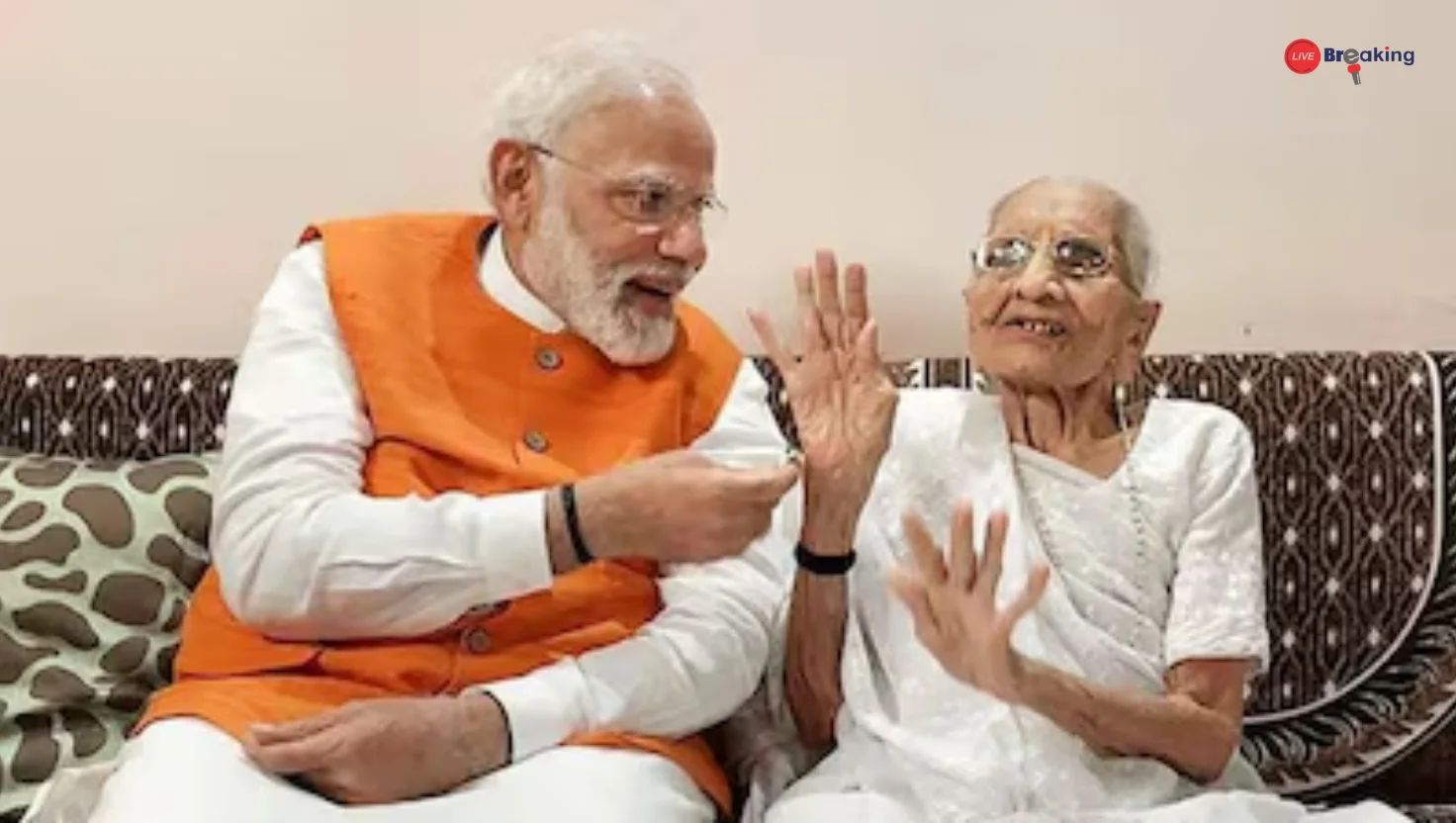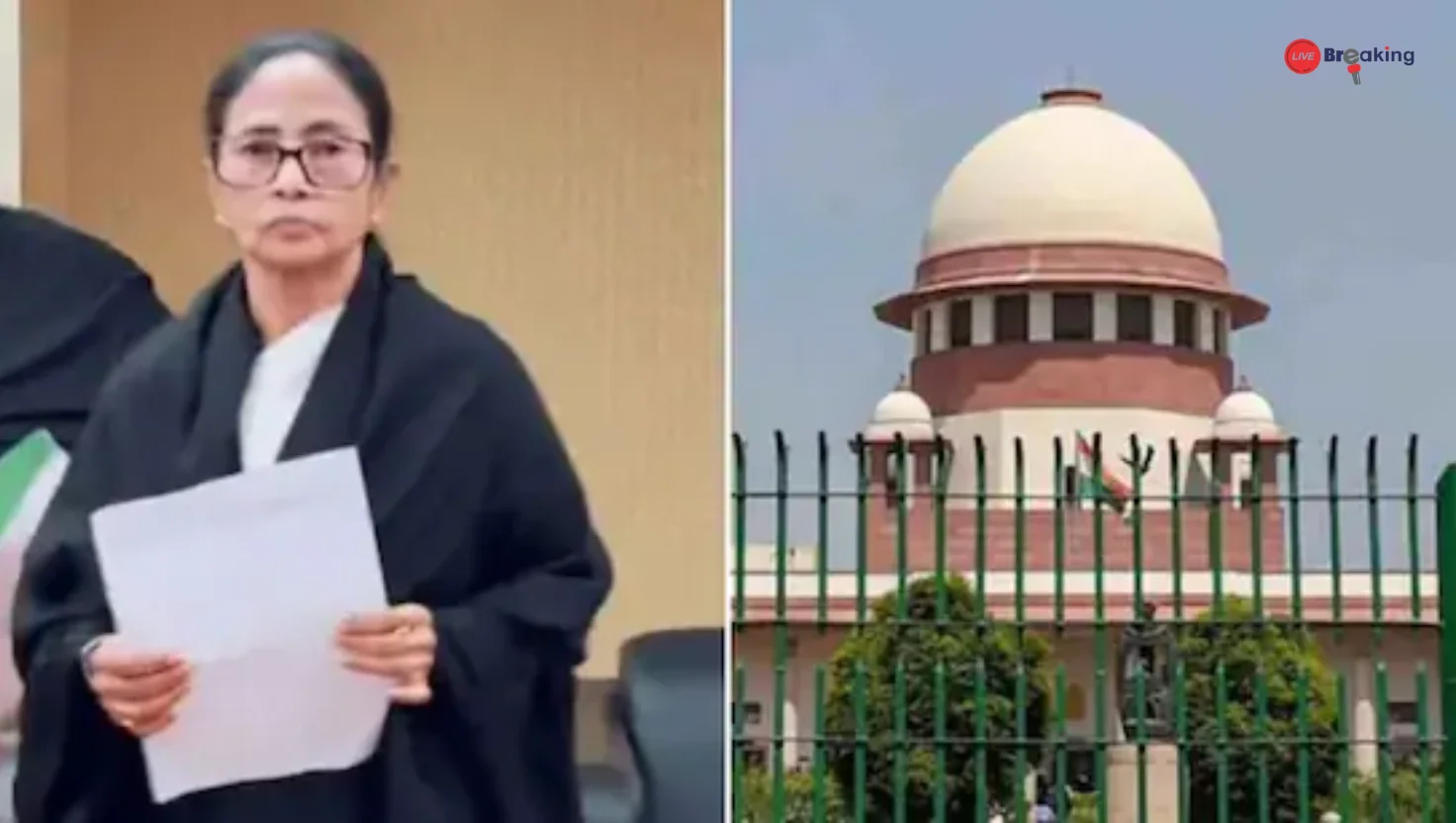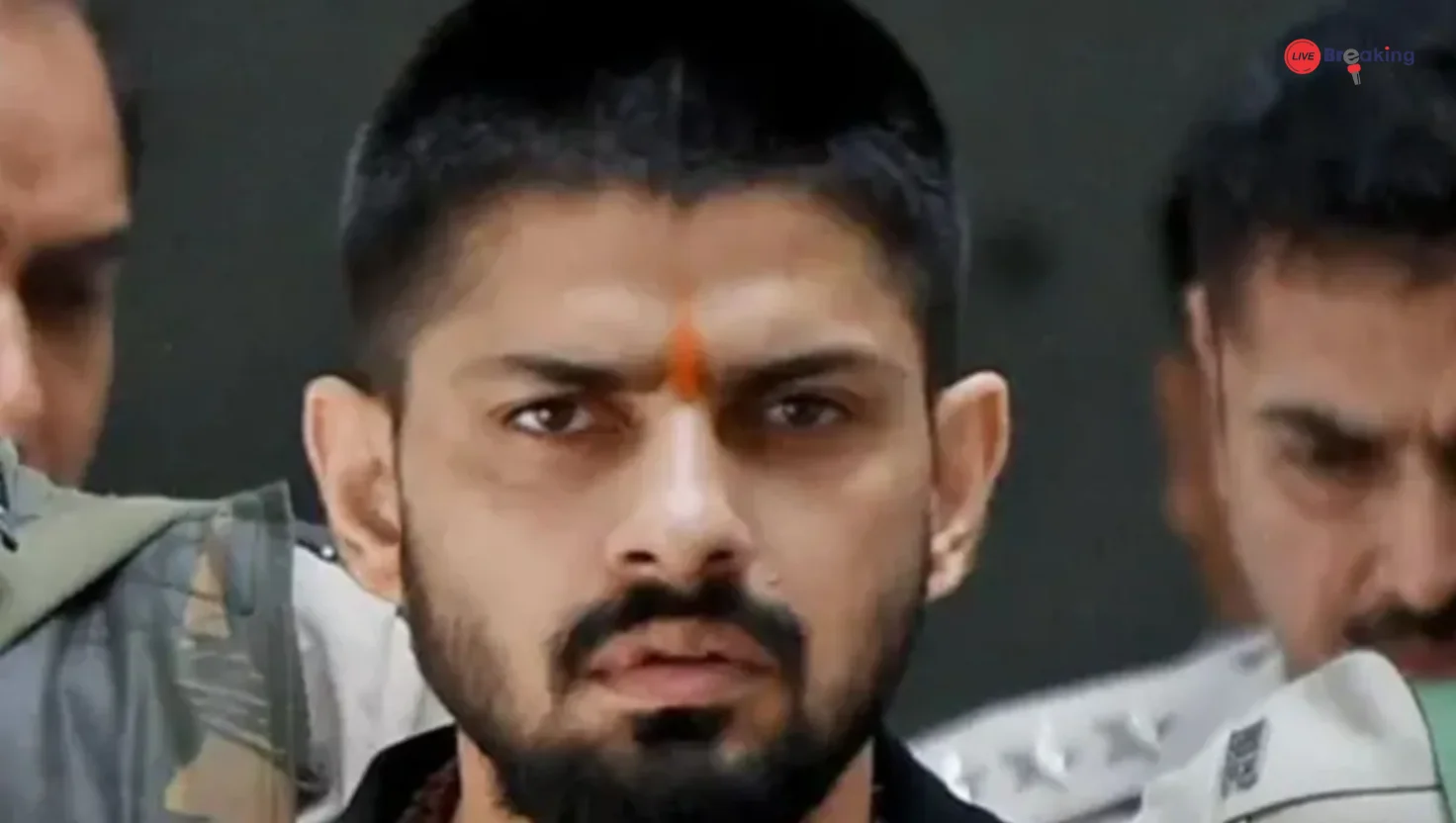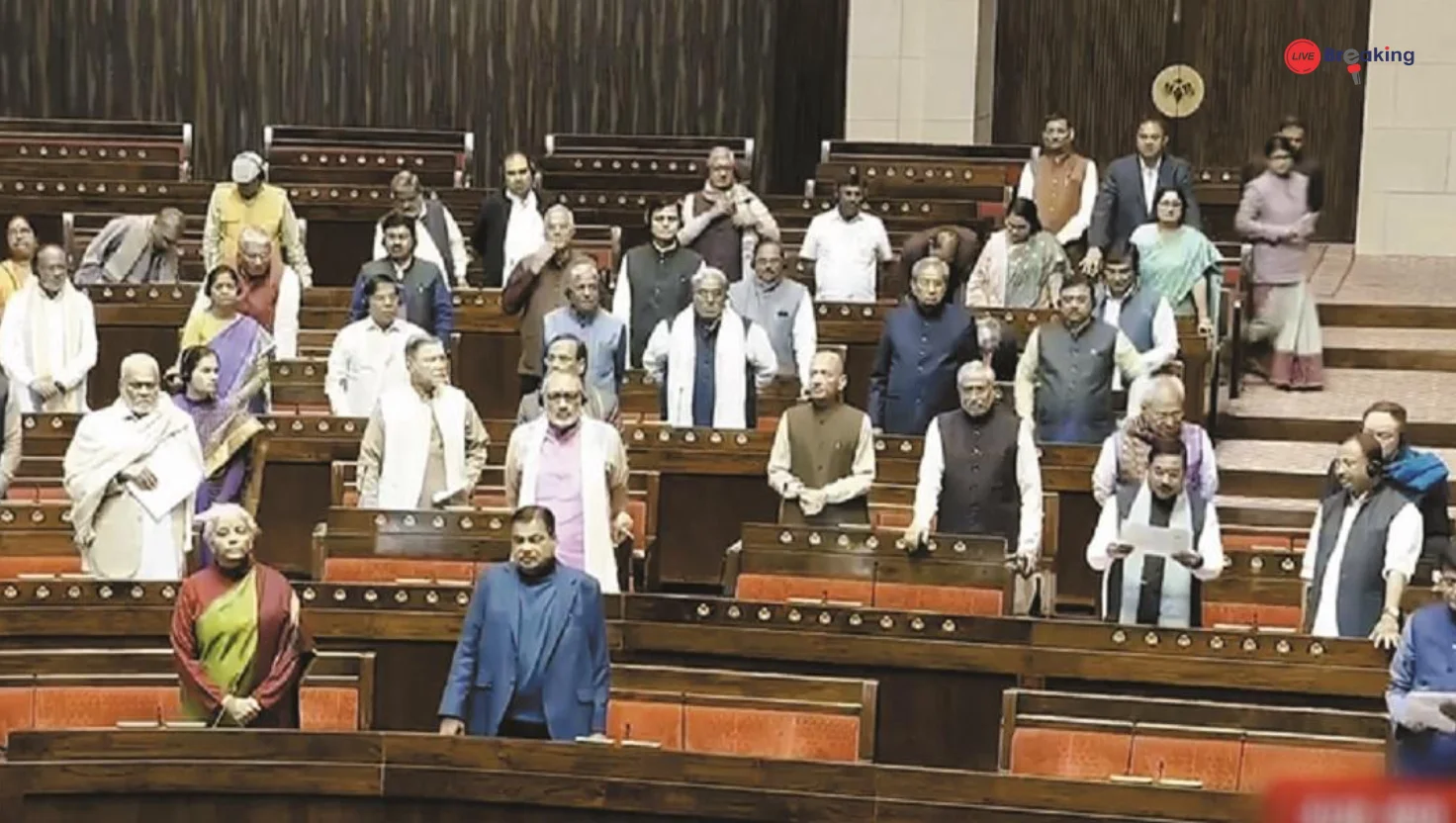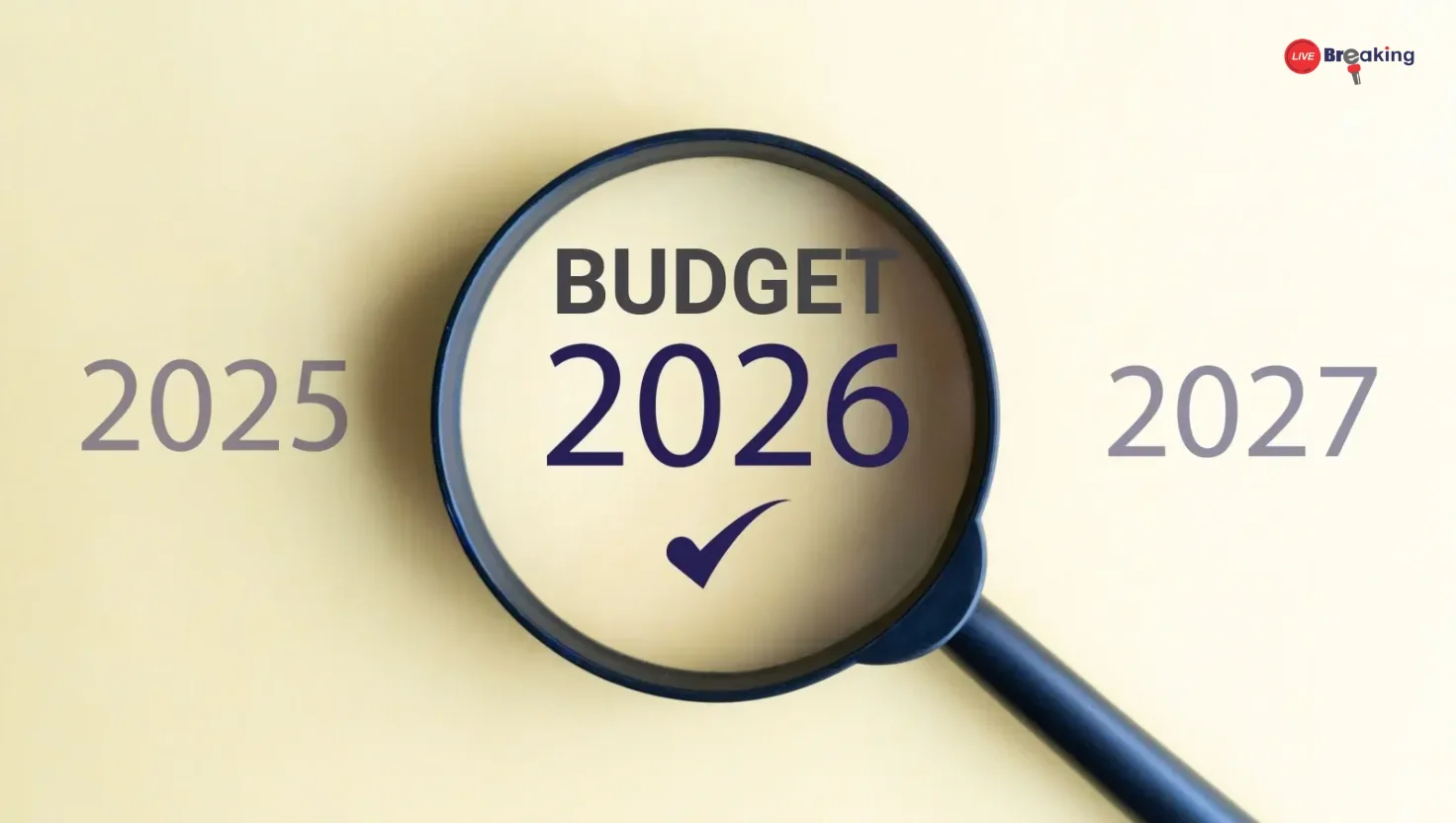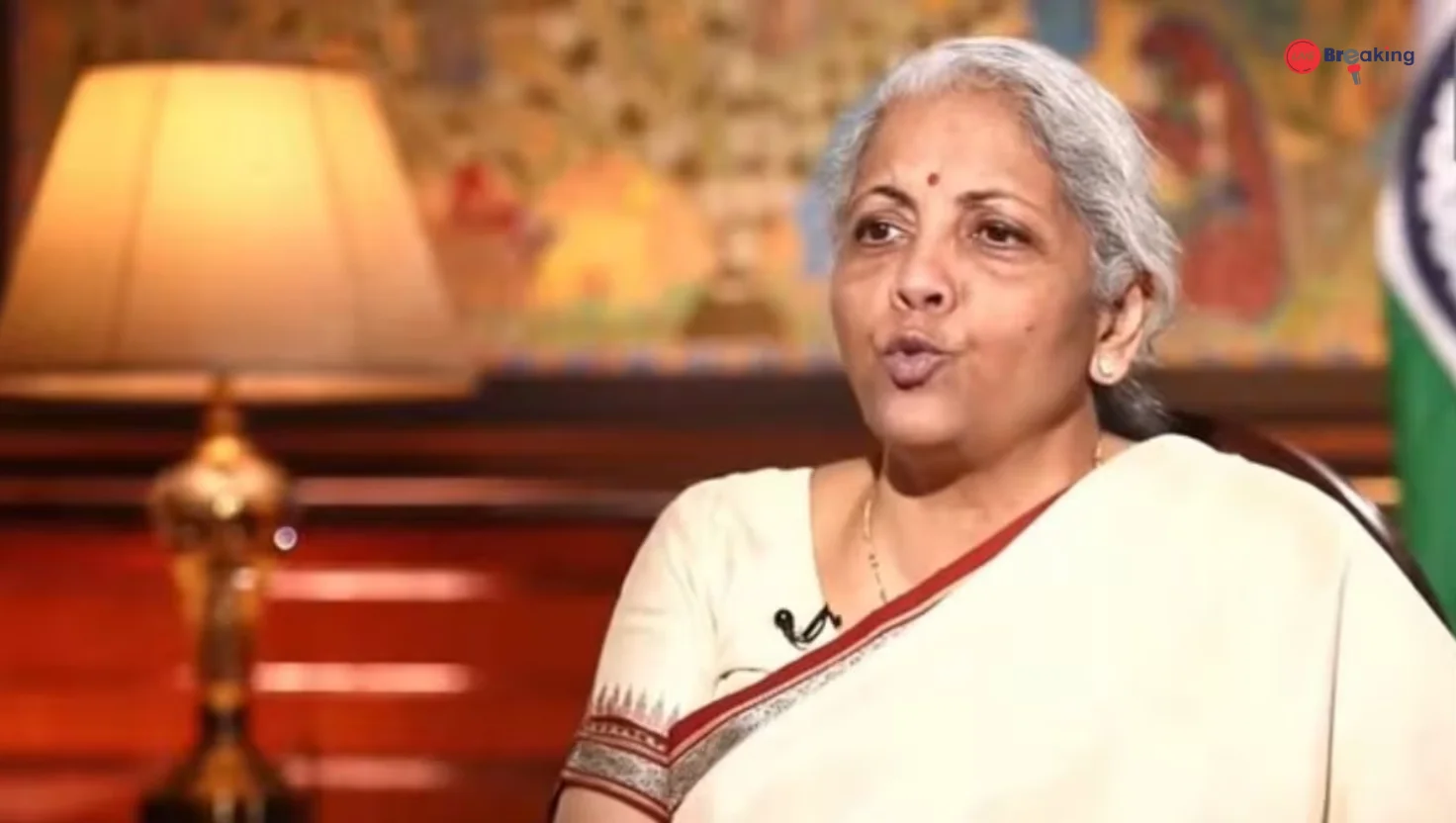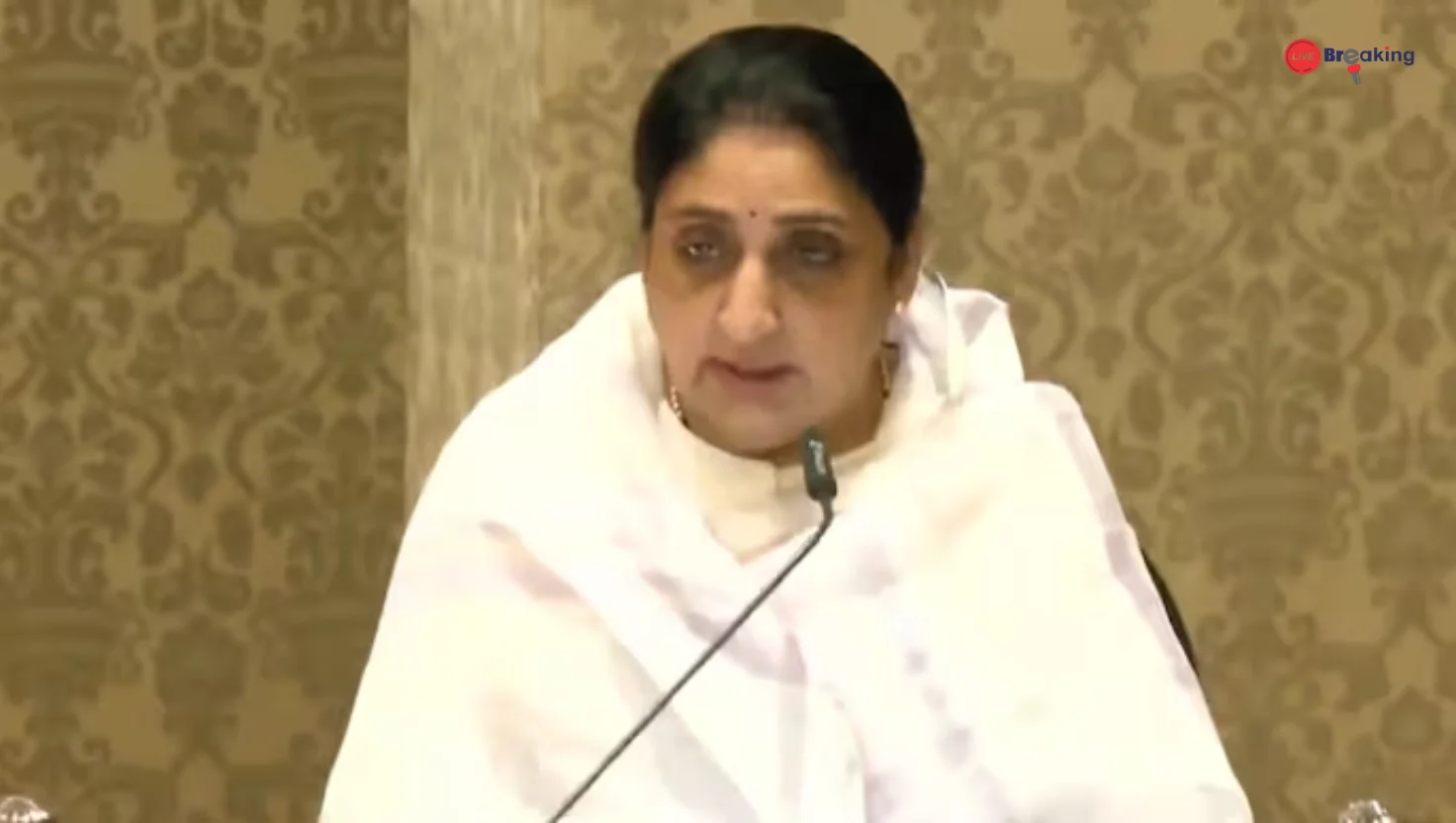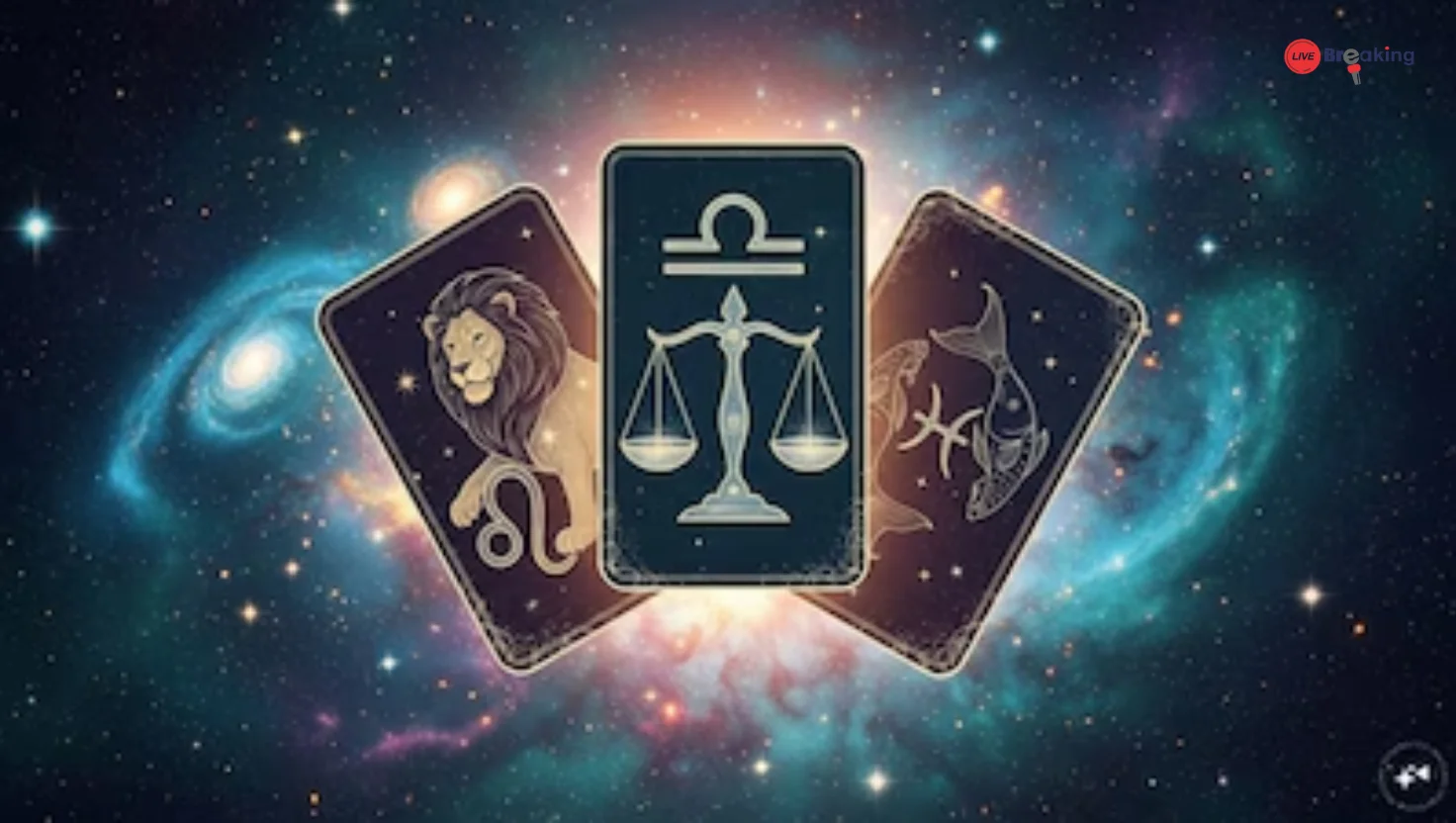PM’s Mother Dragged Into AI Video Storm, BJP-Congress Clash Intensifies
A political storm has erupted after an artificial intelligence-generated video allegedly depicting Prime Minister Narendra Modi’s late mother surfaced online. The Bharatiya Janata Party (BJP) has strongly condemned the video, accusing the Congress party of “stooping to new lows” by dragging the Prime Minister’s family into politics. The controversy has quickly turned into yet another flashpoint in the already heated political climate, with the Congress refusing to back down and instead sharpening its criticism of the ruling party.
BJP’s Strong Response
The BJP leadership has taken a firm stand against the AI-generated clip, calling it a “shameful attempt” to tarnish the Prime Minister by using his late mother as a political tool. Party spokespersons argued that such content not only breaches ethical boundaries but also reflects the desperation of the opposition. According to the BJP, the use of deepfake technology in political campaigns represents a dangerous precedent, one that can spread misinformation and mislead the public on sensitive issues.
In speeches and press conferences, BJP leaders highlighted that criticism of policies, governance, and decisions is part of democracy, but dragging private family members, especially those who are not in public life, is an “unacceptable crossing of limits.” They accused the Congress of attempting to personalize political debates in order to divert attention from its lack of credible alternatives.
Congress Refuses To Apologize
Instead of issuing an apology or retracting the controversial video, Congress leaders doubled down. Senior figures in the party suggested that the video was a form of political satire and should be viewed in that light. They argued that the BJP’s outrage was misplaced and that the ruling party was trying to “play victim” whenever questions about governance or accountability arise.
The Congress also claimed that technology-driven satire was not equivalent to a deliberate insult but rather a creative way to highlight the Prime Minister’s contradictions. Some Congress leaders even alleged that the BJP was selectively outraged, pointing out past instances where BJP supporters or aligned groups had circulated derogatory content against opposition leaders.
The Rise of AI In Politics
This controversy is not happening in isolation. Across the world, artificial intelligence tools and deepfakes are becoming a major challenge in political communication. The ability to generate hyper-realistic videos raises questions of authenticity, ethics, and responsibility. In India’s case, where politics is deeply emotional and personalities often overshadow policy debates, such AI-driven tools can easily become weapons of political warfare.
Experts have warned that unchecked use of deepfake technology could erode trust in democratic institutions and create confusion among voters. As elections approach, both major parties are under scrutiny for how they use or respond to such digital tools. While Congress maintains that the video falls within the realm of political expression, the BJP insists it is a dangerous line that must not be crossed.
Public Opinion Divided
Reactions among the public and political commentators remain divided. Supporters of the BJP argue that dragging the Prime Minister’s mother into politics is disrespectful and reflects a lack of dignity in opposition discourse. On the other hand, critics of the government see the outrage as exaggerated, suggesting that satire, even if sharp, has long been part of political culture.
Read more: Why Nepal Banned Social Media — And Why Protests Run Deeper Than That
Social media, where the video spread rapidly, has amplified the polarisation. Hashtags, memes, and opinion posts are flying across platforms, with both sides using the controversy to mobilize their base. For many neutral observers, however, the debate signals a deeper erosion of civility in Indian politics.
Ethical Boundaries In Political Discourse
At the heart of the issue lies a larger question: where should the line be drawn in political criticism? While democracy thrives on dissent and debate, personal attacks and the use of family members in political mudslinging are often seen as violations of basic ethical standards. By invoking the Prime Minister’s late mother, the controversy has touched a raw emotional nerve.
Political analysts note that while both the BJP and Congress have historically engaged in sharp rhetoric, the entry of AI into the equation escalates matters significantly. Unlike traditional political cartoons or speeches, AI-generated visuals blur the distinction between fact and fiction, making them more impactful—and potentially more damaging.
The Road Ahead
With the controversy refusing to die down, it is likely to remain a talking point in the coming weeks. The BJP is expected to keep pressing the Congress for an apology, while Congress leaders appear determined to stand their ground and frame the debate as one about freedom of expression versus censorship.
Read more: Sushila Karki Or Kulman Ghising? Nepal’s Gen Z Protesters’ Big Choice
The episode underscores the evolving challenges of political campaigning in the digital age. As AI becomes more accessible, India’s political class will be forced to confront not only questions of propriety but also the urgent need for clear rules on how such technologies can be used in public discourse.
Conclusion
The row over the AI-generated video of Prime Minister Modi’s mother has revealed the fragile state of political boundaries in India. While the BJP sees it as a new low in political culture, the Congress insists on its right to deploy satire, however uncomfortable it may be for the ruling party. Beyond the immediate blame game, the controversy highlights a pressing issue: as technology outpaces regulation, Indian politics may be entering an era where truth and fabrication blur, leaving voters to navigate a murky space filled with emotion, outrage, and digital manipulation.

